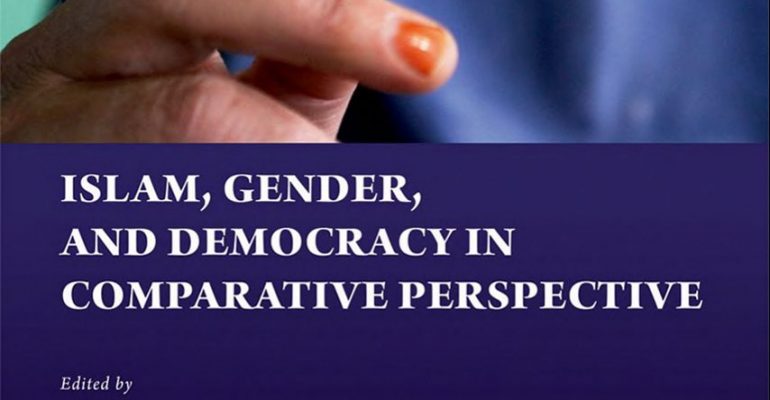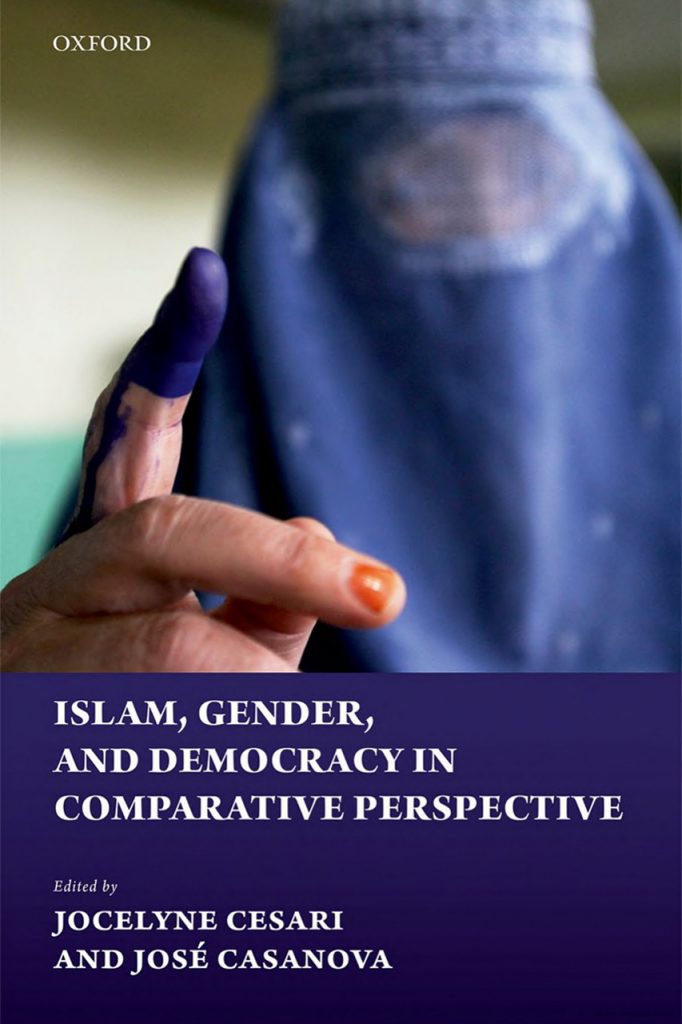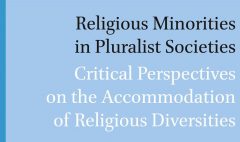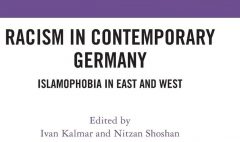Islam, Gender, and Democracy in Comparative Perspective
January 5, 2018 2023-10-08 8:45Islam, Gender, and Democracy in Comparative Perspective

Islam, Gender, and Democracy in Comparative Perspective
Edited by Jocelyne Cesari and José Casanova
Publisher: Oxford University Press (April 27, 2017)
The relationship between secularism, democracy, religion, and gender equality has been a complex one across Western democracies and still remains contested. When we turn to Muslim countries, the situation is even more multifaceted. In the views of many western commentators, the question of Women Rights is the litmus test for Muslim societies in the age of democracy and liberalism. Especially since the Arab Awakening, the issue is usually framed as the opposition between liberal advocates of secular democracy and religious opponents of women’s full equality.
Islam, Gender, and Democracy in Comparative Perspective critically re-engages this too simple binary opposition by reframing the debate around Islam and women’s rights within a broader comparative literature. Bringing together leading scholars from a range of disciplines, it examines the complex and contingent historical relationships between religion, secularism, democracy, law, and gender equality. Part One addresses the nexus of religion, law, gender, and democracy through different disciplinary perspectives (sociology, anthropology, political science, law). Part Two localizes the implementation of this nexus between law, gender, and democracy and provides contextualized responses to questions raised in Part One. The contributors explore the situation of Muslim women’s rights in minority conditions to shed light on the gender politics in the modernization of the nation and to ponder on the role of Islam in gender inequality across different Muslim countries.
Table of Contents
Introduction, Jocelyne Cesari and Jose Casanova
- Part I: The Nexus of Religion, Gender, and Democracy
1: State, Islam, and Gender Politics, Jocelyne Cesari
2: Catholicism, Gender, Secularism, and Democracy: Comparative Reflections, Jose Casanova
3: Secularism, Gender Inequality, and the French State, Joan W. Scott
4: Islamic Law and Muslim Women in Modern Indonesia, Robert Hefner
5: Islamic Feminism: National and Transnational Dimensions, Suzanne Shroter
- Part II: Localizing the Interplays between Gender, Law, and Democracy in Different National Contexts
6: Gender Roles and Political, Social, and Economic Change in Bangladesh and Senegal, Katherine Marshall
7: Reforming Muslim Family Laws in Non-Muslim Democracies: Understanding the Role of Civil Courts as Agents of Social and Legal Change, Yüksel Sezgin
8: Law, Gender, and Nation: Muslim Women and the Discontents of Legal Pluralism in India, Vrinda Narain
9: Islam, Gender, and Democracy in Iran, Ziba Mir-Hosseini
10: Women s Rights and Democratization in Morocco and Tunisia, Valentine Moghadam
11: Making Spaces in Malaysia: Women s Rights and New Muslim Religiosities, Maila Stivens
Conclusion, Jose Casanova and Jocelyn Cesari
About Authors
Jocelyne Cesari is Professor of Religion and Politics at the University of Birmingham and Senior Research fellow at Georgetown University’s Berkley Center where she directs the Islam in World Politics Program. She is an adjunct Professor at the Harvard Divinity School and directs the interfaculty Program on Islam in the West at Harvard University.
Jose Casanova is Professor at the Department of Sociology at Georgetown University, and heads the Berkley Center’s Program on Globalization, Religion, and the Secular. He has published works in a broad range of subjects, including religion and globalization, migration and religious pluralism, transnational religions, and sociological theory.
Source: Oxford University Press









